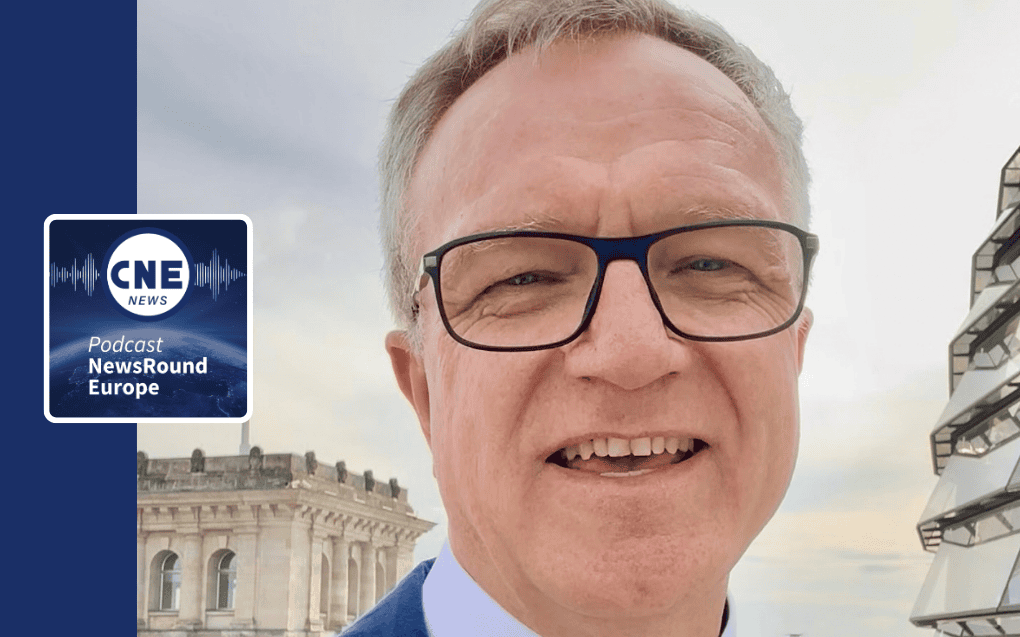As a missionary, Johann Matthies made a train journey with Putin, he shares in the CNE podcast

Johann Matthies. Photo private, Canva
European Union
The new political commissioner for the Evangelical Alliance in Germany is an expert on Ukraine. He once made a long train journey with Vladimir Putin, which later became crucial in his missionary work in the Caucasus. Johann Matthies shares the full story in the CNE podcast.
As a political commissioner for the Evangelical Alliance, Johann Matthies represents the Christian voice in the German capital. That means both a “pastoral and prophetic voice”, he explains.
He will not get it as easy as his predecessor, Frank Heinrich, who was a member of parliament himself before he became the EA representative. But Matthies is also no outsider in political Berlin since he previously served on the Evangelical Alliance’s political committee for a decade. “Therefore, I did not come completely from the outside.”
He is a member of the Christian Democratic Union (the party of the present Chancellor Friedrich Merz). Still, in the podcast, Matthies makes clear, “there are Christians in all parties.”
He was born to German parents in Kazakhstan and ‘returned’ to his ‘homeland’ when he was 13. However, his connection with the former Soviet Union remained. As a missionary, he spent years in several parts of the former communist states.
As a young adult, he stood before a judge to explain his conscientious objection to military service, which resulted from his upbringing in a Mennonite home.
He still feels connected to the peace message of those churches but will not campaign against the German army or the military support for Ukraine. “For me, it was a matter of conscience not to bear arms. But I treat that as my personal call.”
Politics was a frequent topic around the family table in his home. He recalls his father once questioning whether it was responsible to spend so much time with the newspaper, he shares with CNE host Evert van Vlastuin. But Johann replied: “If everyone in the church spent as much time reading the daily newspaper, I’d be concerned too. But if no one does, I am concerned as well.” In the podcast, Matthies explains how this perspective relates to a Mennonite-pietistic worldview that often keeps society at arm’s length.
Another of Matthies’ concerns, rooted in his Soviet past, is the plan to “strengthen” children’s rights in the German constitution. “For those of us with my background, it feels more like a limiting of parental rights,” he explains in the CNE podcast. It suggests that the state must do more because we trust parents less. That undermines the smallest but strongest unit of society, the family.”



